CDK-mediated phosphorylation of Yku80 and its role in DNA repair
Departament/Institut
Universitat Internacional de Catalunya. Departament de Ciències Bàsiques
Resum
DNA double-strand breaks (DSBs) are considered the most deleterious lesions of DNA and they are repaired by means of two main mechanisms: homologous recombination (HR) and non-homologous endjoining (NHEJ). These mechanisms are regulated throughout the cell cycle being HR restricted to the S/G2 phases while NHEJ is active during the different phases of the cell cycle. Here I presented evidence of NHEJ regulation by CDK phosphorylation of one of the key proteins of the NHEJ repair pathway, Yku80. Yku80 is phosphorylated both in vitro and in vivo by the CDK Pho85 in association with the G1 cyclin Pcl1. A non-phosphorylatable version of Yku80 (yku80-S623A) shows increased NHEJ activity, reduced HR events and higher sensitivity upon bleomycin treatment, a DSB-inducing agent, specifically when DNA damage was induced during the G2 phase of the cell cycle. Interestingly, the overexpression of the nonphosphorylatable version of human Ku80 (Ku80T629A) increased bleomycin sensitivity in different cancer linessuggesting Ku80 phosphorylation and its role in DSB repair regulation might be conserved. Thus, the results presented in this work provide evidence of a new mechanism to regulate DSB repair pathway choice by CDK-mediated phosphorylation of Yku80.
Paraules clau
Yku80; Ku80; NHEJ; HR; DNA Repair; CDK; Cell cycle
Matèries
61 - Medicina
Àrea de coneixement
Ciencias de la salud



